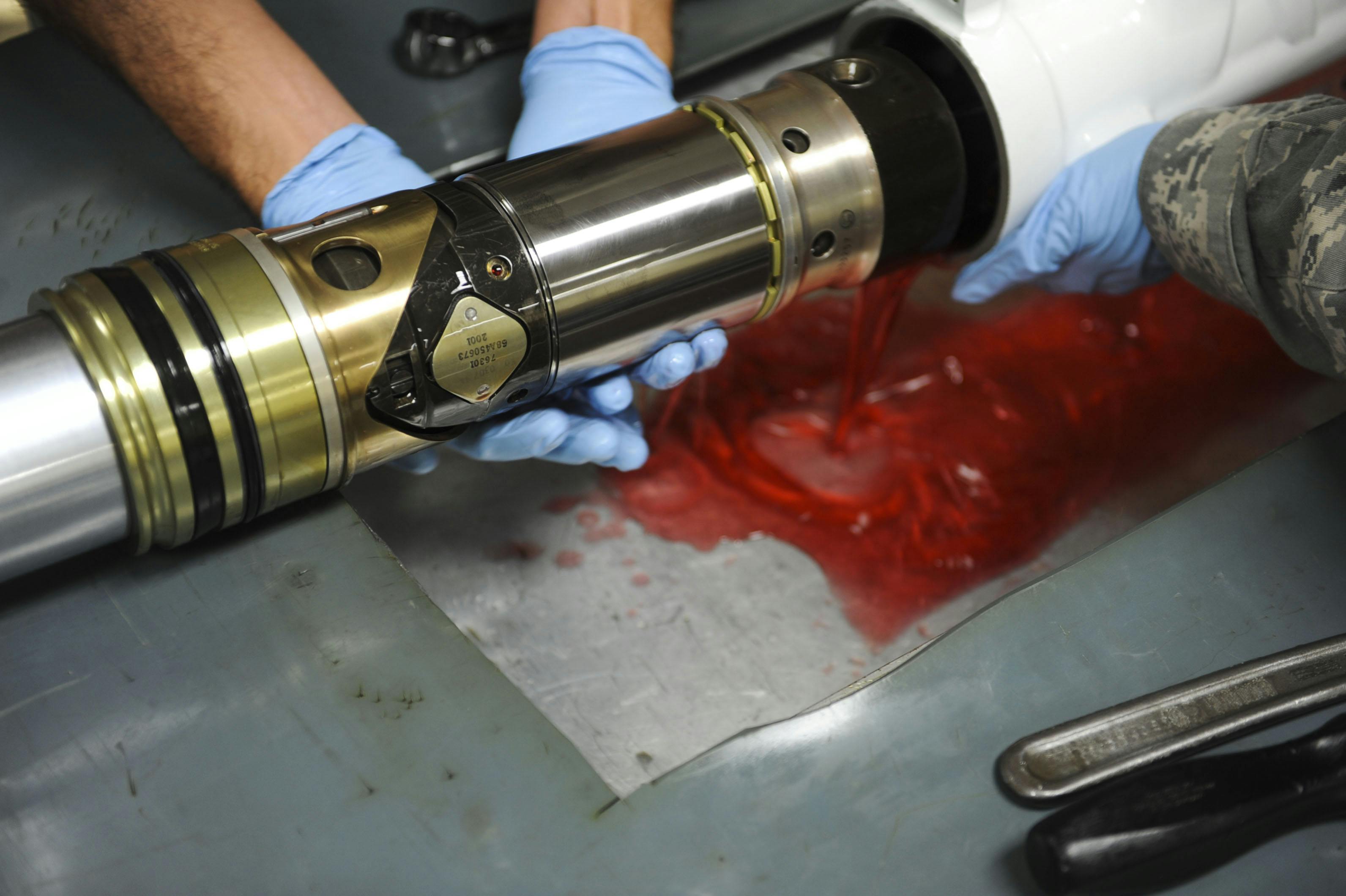In the bustling world of automotive repair, where precision and efficiency are paramount, transmission jacks stand as stalwart companions to mechanics and garage owners. These unassuming tools silently hoist and support transmissions, simplifying complex repair tasks. However, just like any workhorse, transmission jacks aren't immune to wear and tear.
Here, we embark on a journey to uncover the common issues that can affect these essential tools and discover the proactive maintenance measures that can keep them in peak condition.
The Role of Transmission Jacks in Garages
In the realm of automotive repairs, transmission jacks are indispensable tools. They safely elevate and position transmissions, enabling mechanics to work efficiently and safely. The reliability of these jacks is paramount to any garage's success, making proactive maintenance a necessity.
Common Transmission Jack Issues
Let's delve into some of the common issues you might encounter with your transmission jack:

- Hydraulic Fluid Leaks: Fluid leaks can reduce lifting power and compromise safety.
- Malfunctioning Hydraulics: Hydraulic issues can lead to slow or uneven lifting.
- Stability Problems: An unstable jack poses a safety hazard and can damage transmissions.
Importance of Proactive Maintenance
Why should you be proactive about maintaining your transmission jacks? Here's why:
- Prevent Downtime: Proactive maintenance can help avoid unexpected breakdowns that can halt your repair work.
- Extend Lifespan: Regular care can significantly extend the lifespan of your transmission jacks, protecting your investment.
- Ensure Safety: Well-maintained jacks are safer to use, reducing the risk of accidents in the garage.
Proactive Maintenance Tips
Now, let's get proactive! Here are some maintenance tips to keep your transmission jacks in top shape:

- Regular Inspections: Perform visual checks for leaks, damaged components, and loose fittings.
- Lubrication: Keep moving parts well-lubricated to prevent friction and ensure smooth operation.
- Component Checks: Inspect critical components like the pump, cylinder, and release valve for signs of wear.
Troubleshooting Common Issues
When issues do arise, it's essential to address them promptly. Here's how to troubleshoot common transmission jack problems:
- Hydraulic Leaks: Identify the source of the leak, replace damaged seals, and replenish hydraulic fluid.
- Slow Lifting: Check for air in the hydraulic system, bleed the air, and ensure the fluid level is adequate.
- Stability Concerns: Inspect the base and wheels for damage, tighten any loose bolts, and ensure even weight distribution.
Safety Considerations
Safety should always be a priority when working with transmission jacks. Remember these safety considerations:
- Proper Training: Ensure that garage personnel are trained in the safe use of hydraulic equipment.
- Precautions: Follow manufacturer guidelines and safety precautions during maintenance and repairs.
- Regular Inspections: Include safety checks as part of your routine maintenance to catch issues early.
In conclusion, transmission jacks are essential tools in any garage. By addressing common issues and proactively maintaining these jacks, you can prevent downtime, extend their lifespan, and ensure a safe working environment. Remember that a well-maintained transmission jack is an investment in the efficiency and safety of your garage.
If you're still in search of the ideal transmission jack for your projects, it's worth considering our range of hydraulic car jacks and stands!
Don't wait for issues to arise; take charge of your garage's success today!

